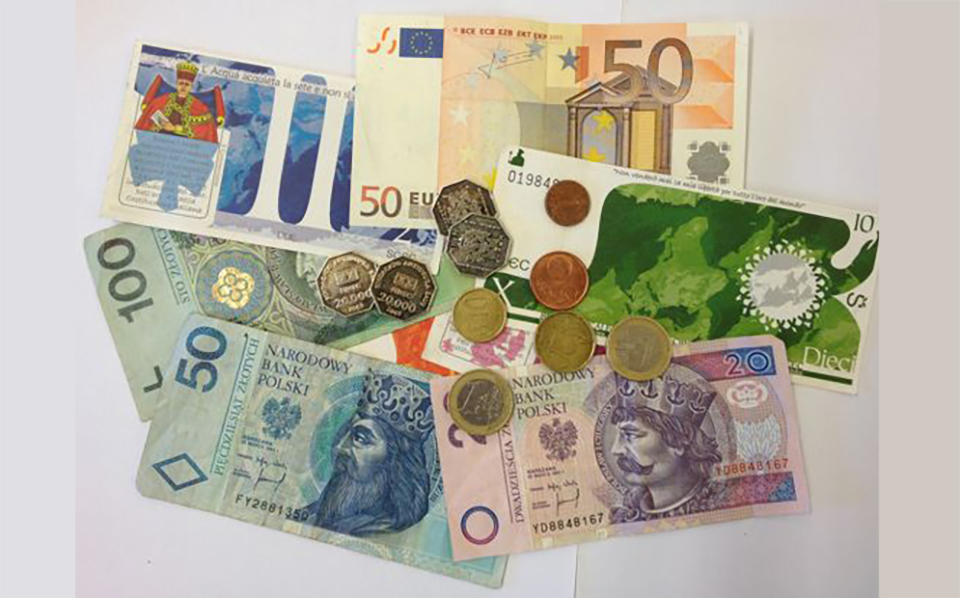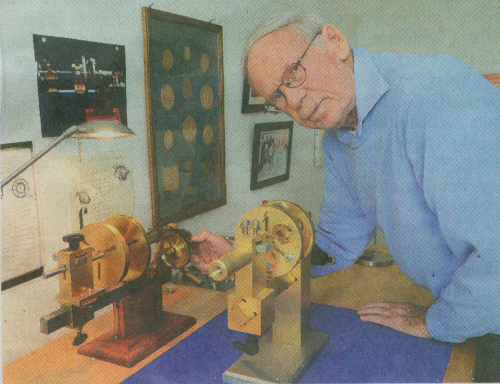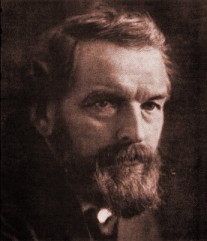“Give me control of a nation’s money and I care not who makes the laws”
– Mayer Amschel Rothschild
He who creates the money is the sovereign. This was true throughout history, from the times when humans first started mining for gold on the African continent to the times of kings and warlords. The coinage of money – and in those times it was mainly precious metals – was a royal privilege … until we got industry and banking.
The Royals lost their best asset, the power to create money, to the banks. Even in the United States, where the power to create money was initially given to Congress, the bankers succeeded, with the 1913 Federal Reserve Act, to make the banks the ultimate arbiter of money creation … and things have gone downhill from there on out.
Money wars
Wars are fought over money. Hitler, the “crazed dictator”, as it is fashionable to call him now, was actually trying to take the money power back from the international bankers. He did underestimate the challenge of a war declared by those international bankers on the German nation.
In more recent times, we saw several countries designated as an “axis of evil”, to be destroyed, targeted for “regime change” by the policeman of the world, the United States of America. The legitimately elected leaders of those countries, characterized as “evil dictators” were targeted one by one. Some of them fell, their countries a bloody mess now, some of them are still standing, but constantly under siege. Oh yes, the salient feature that distinguished those countries was that they were financially independent, that they did not have a Rothschild controlled central bank and one of them, Gaddhafi of Libya, had the gall of proposing to establish a gold-backed currency for Africa to compete with the almighty dollar…
Continue reading “Money is King”


